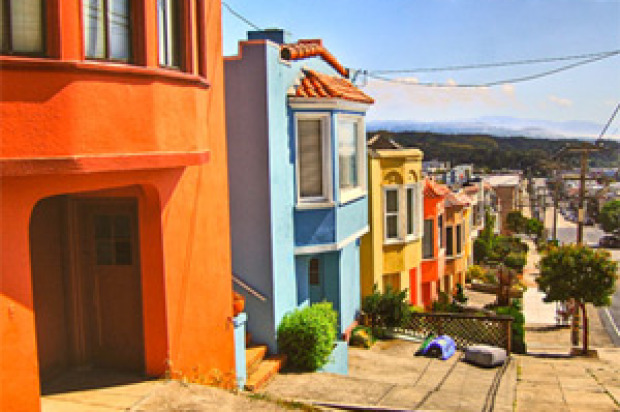
A San Francisco nonprofit’s plan to create affordable housing for homeless veterans in the city’s Mission Bay neighborhood has moved closer to its realization, the nonprofit’s officials said this week.
Swords to Plowshares, which provides services to veterans, said it is teaming up with another nonprofit, Chinatown Community Development Center, to bring the planned housing site at 1150 Third St. to fruition.
The San Francisco Office of Community Investment and Infrastructure recently ranked the Mission Bay housing proposal higher than all others submitted to the agency, giving the nonprofit a tentative green light.
Leon Winston, chief operating officer and housing director of Swords to Plowshares, said the initial approval process for the project will hopefully be completed before the end of the year.
As of now, construction on the housing site is slated to begin in early 2017 and is expected to be complete by the end of 2018. The nonprofit anticipates the cost will be between $50-60 million.
Funding for the project, which is still in a conceptual stage, will come from a mixture of local, state, federal and private sources.
The project would establish affordable housing options for about 50 homeless veterans and 50 low-income families, those who earn up to 60 percent of the area median income.
Residents will have access to on-site supportive services. The aid programs will primarily consist of case management for residents, but may extend to employment programs and other services.
Preliminary plans for the housing site, situated between Mission Rock and Long Bridge streets, include three building wings and a central courtyard.
The San Francisco-based firm Leddy Maytum Stacy Architects will be in charge of the building’s design.
Swords to Plowshares also worked jointly with Chinatown Community Development Center on the Veterans Commons building at 150 Otis St., which provides housing to approximately 75 veterans.
Speaking as a once-homeless veteran himself, Winston said he sees an immense value in having these housing options in the community.
“These veterans go into the military from the community, and come back to the community afterwards,” Winston said. “What we’re trying to do is help welcome them back home as part of the community.
“Sometimes they need help. But we know that these veterans do very well when housed, and they’re not a problem in the neighborhood at all,” he said.
Brett Johnson, Bay City News









